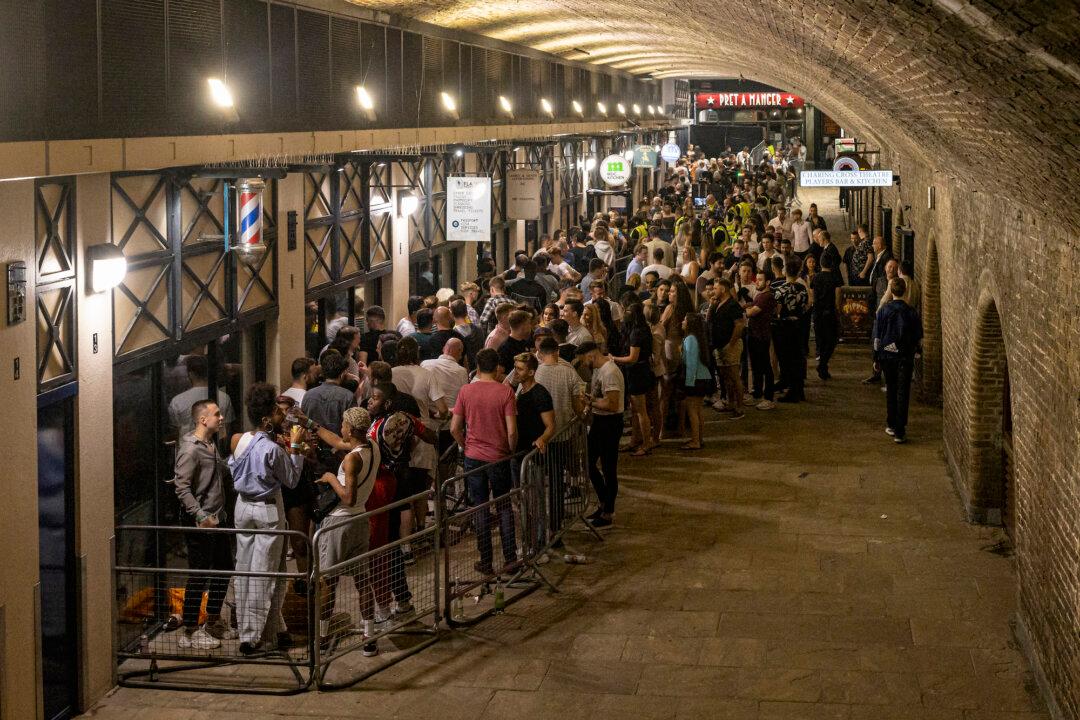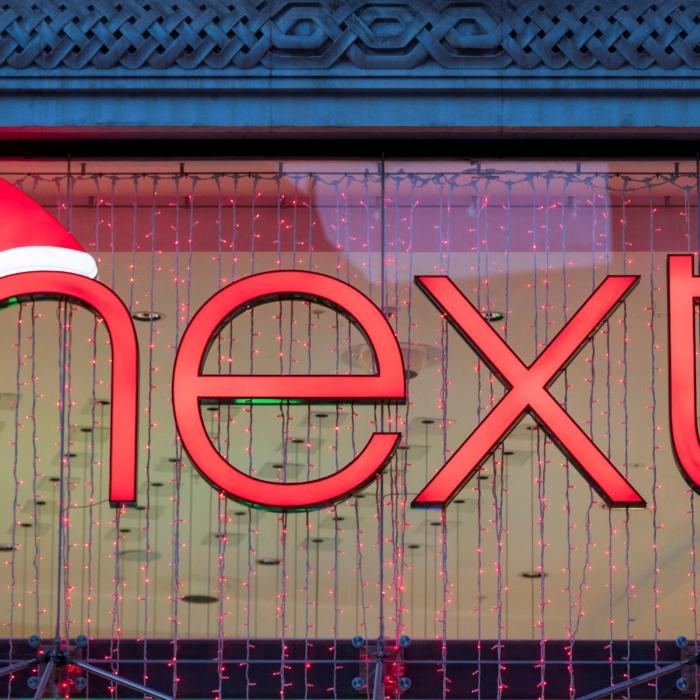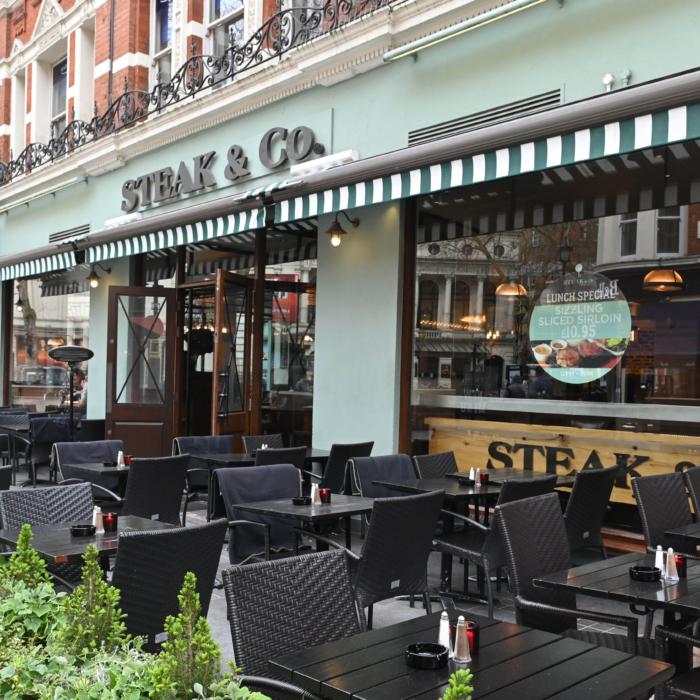British nightlife leaders have reported a decline in the sector, warning that planned tax increases in April could drive businesses to the brink of closure.
Figures released by the Night Time Industries Association (NTIA) on Thursday showed a 32.7 percent decline in the UK’s nightclub sector since March 2020. This equates to a loss of 405 venues, with the number of nightclubs dropping from 1,240 in March 2020 to just 835 in November 2024.
The NTIA Chief Executive Michael Kill told The Epoch Times that the nightlife sector has “undoubtedly lost a considerable number of businesses,” adding that trading conditions remain “challenging.”
The traditionally busy three-month period leading up to the New Year, dubbed the “golden quarter,” provided temporary boost for the industry, particularly in London and the northeast.
“The past two quarters have revealed signs of resilience, with some businesses starting to recover and the industry demonstrating a determination to take control of its own revival,” said Kill.
Budget Effect
The sector has warned that the broader financial outlook remains “grim,” as many businesses face 30–40 percent higher operational costs than before the COVID-19 pandemic.Concerns about rising costs come amid anticipated tax increases in April. These include higher employer national insurance contributions and minimum wage rates. According to the NTIA, night-time businesses face £30,000 to £100,000 in extra costs, brought on by the Budget policies.
The NTIA said the reduction in business rates relief, coupled with the planned tax hikes, is a case of “giving with one hand and taking away with the other.”
“The road ahead is marked by significant uncertainty, as indirect but equally damaging factors—such as rising taxes, increasing energy prices, and reduced relief measures—further erode an already fragile recovery,” said Kill.
The association has urged the government to deliver a balanced and proportionate Budget, including VAT reductions. Kill also outlined a number of long-term priorities that need addressing to help revive the sector.
The Pandemic Effect
The pandemic restrictions disproportionately impacted hospitality, with late-night businesses such as nightclubs and businesses in city centres among the hardest hit.In 2019, hospitality accounted for £59.3 billion or around 3 percent of total UK output. The industry’s share of the UK economy fell to 2 percent in 2020 and 2021. The total number of night-time workers fell from 9.5 million in 2016 to 8.7 million in 2022.
Kill said that pandemic restrictions led to “immediate and devastating shutdowns, wiping out revenue and resulting in widespread closures.” The cost-of-living crisis has also affected the economic output and financial pressures on the night-time venues.
“Disposable incomes have fallen, resulting in reduced visit frequency, shorter dwell times, and lower spending within night-time economy businesses,” Kill said.
Labour’s economic growth mission aims to achieve the highest sustained growth among G7 nations. In hospitality, the government said its cap on corporation tax at 25 percent will support growth and businesses across the country.
Chancellor Rachel Reeves has cited the “£22 billion black hole” in public spending as the key reason to introduce tax changes. Defending her policies, Reeves suggested that rather than lowering staff wages, businesses can “absorb” the employer national insurance contribution increases by accepting reduced profits or through efficiency gains.
UKHospitality has previously warned that Budget measures are “unsustainable” and “regressive” in their impact on lower earners.







